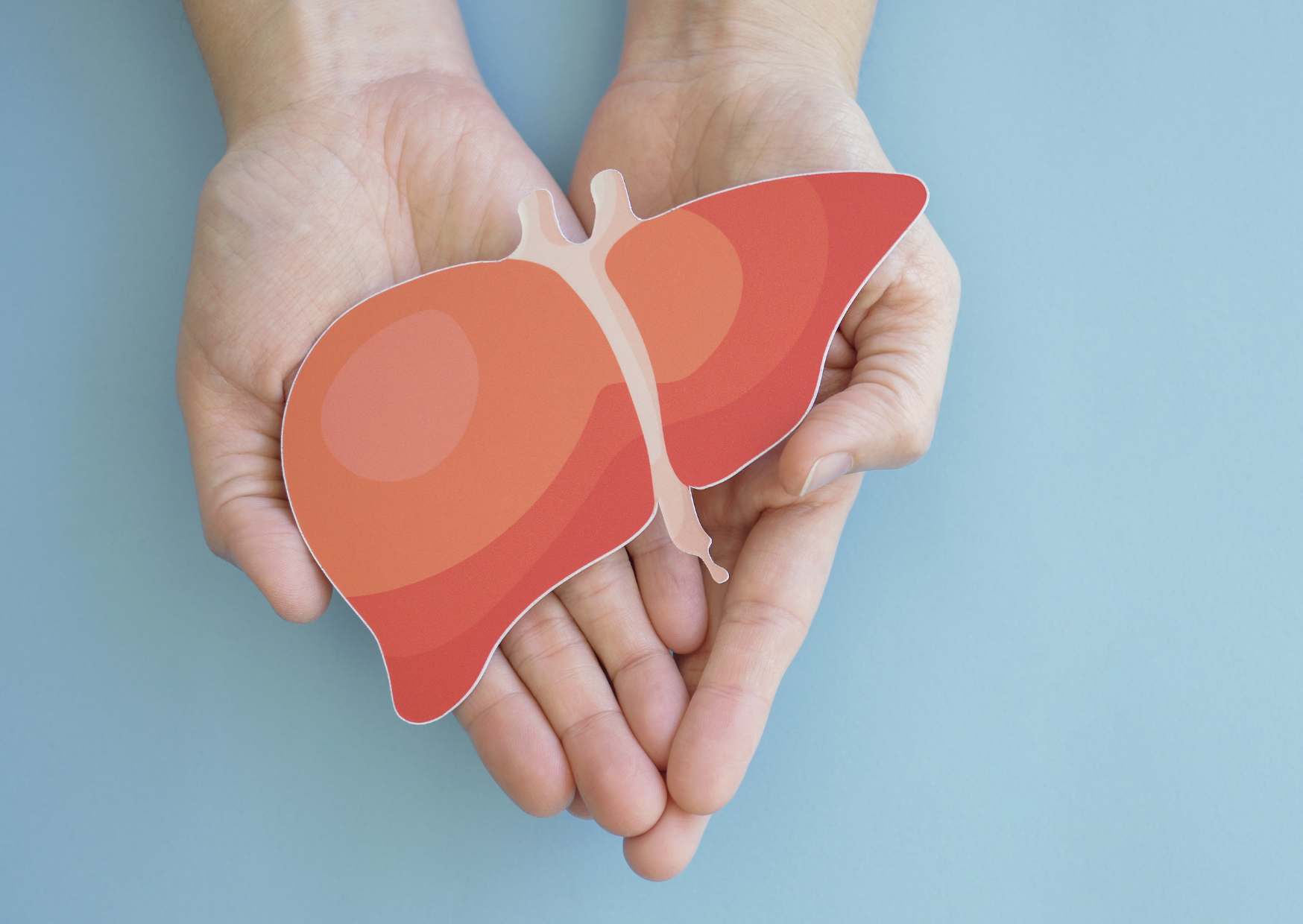UTI, honeymoon cystitis or – most simply – cystitis is a common urinary tract ailment, especially in women. What are the most common symptoms of urinary tract infection (UTI)? How to cope with this unpleasant ailment? We suggest.
The development of a urinary tract infection is associated with the presence of bacteria in the urinary tract (Escherichia coli is responsible for the vast majority of cases). Their multiplication causes inflammation, which manifests itself as pain and burning in the urethral area. The first symptoms of cystitis seem harmless, only a slight burning sensation when urinating. However, the symptoms quickly intensify, there is an increasingly frequent need to use the toilet, accompanied each time by increasingly severe pain.
It is necessary to start treatment at the first signs, because untreated cystitis can not only effectively make life miserable, but also lead to recurrent inflammation of the kidneys or reproductive organs. This is a typically female affliction, which is due to the anatomical structure – it is associated with a short urethra and close proximity to the vagina and anus.
What causes cystitis?
Bacteria that physiologically inhabit the body are harmless in their natural environment, but when transferred to the sterile urinary tract, they can cause inflammation. If microorganisms that naturally reside in the digestive or genital tract are transferred to the area of the urethra, then they penetrate it and migrate to the bladder, where they adhere to the walls. This results in the appearance of inflammation. And if treatment is not initiated at this point, then the bacteria migrate further into the kidneys, causing more serious conditions.
Where do microorganisms come from in the urethra? What are the main causes of urinary tract inflammation?
Frequent sexual intercourse promotes urinary tract infections, especially with a new partner. It is estimated that sexual activity is responsible for 80-90% of cases of cystitis, especially in young women – hence the origin of the term for this ailment as “honeymooners’ disease.” Use of condoms with spermicides and vaginal contraception. Improper hygiene of the intimate area. Infections of the vagina and vulva disrupt the protective effect of the natural bacterial microflora, which increases susceptibility to urinary tract inflammation. Anatomical defects of the urinary tract. Diseases that favor the development of urinary tract infections include diabetes, obesity and chronic use of catheters.
“Don’t sit on the ground or you’ll get a wolf!” – this statement is probably remembered from childhood by each of us. And what does it really mean? Sitting on a cold surface weakens the immune system, which increases susceptibility to infections, including those related to the urinary tract. Frequent sitting on the ground can cause recurrent infections and chronic bladder inflammation.
Cystitis – how to treat it?
The very first symptoms of urinary tract inflammation are quite characteristic: frequent urge to urinate, painful passing of a small amount of urine, burning and itching in the urethral area, elevated temperature, general breakdown, weakness, muscle pain. And if you observe them in yourself, it is worth taking action right away. Prompt treatment will help prevent the infection from spreading. It is worth starting treatment with home methods – quickly implemented allow you to effectively prevent the development of the disease.
Drink plenty of fluids, preferably warm water with lemon, black currant, pomegranate or blackberry juice. Acidic liquids flush out bacteria, weakening their adhesion to the bladder walls. For cystitis, cranberry is great, and in any form – juice, tablets or syrup. Its high vitamin C content effectively inhibits the proliferation of bacteria and facilitates their removal from the bladder. Drink herbal teas – the easiest way is to reach for ready-made herbs for brewing with diuretic effect (such as infusions ofnettle, dandelion or pansy. Urinary tract medications and over-the-counter supplements – here, too, it is worth reaching primarily for those based on cranberry extracts or herbal preparations (such as Urosept). Rest, warm up the body – a few days of rest, preferably in bed with a thermophore or electric pillow will help fight cystitis. Soaking in infusions of chamomile, yarrow and sage, lasting about 15 minutes, in a warm bath will warm up the urinary tract area well and relieve burning. Restrict sexual activity – at least for the duration of treatment and preferably for some time after the symptoms have stopped.
In a situation where, after 2-3 days of home treatment, the symptoms do not disappear, then it is worth going to a doctor, who will order tests and indicate the appropriate treatment. Pregnant women should immediately go to the doctor at the first appearance of symptoms!







